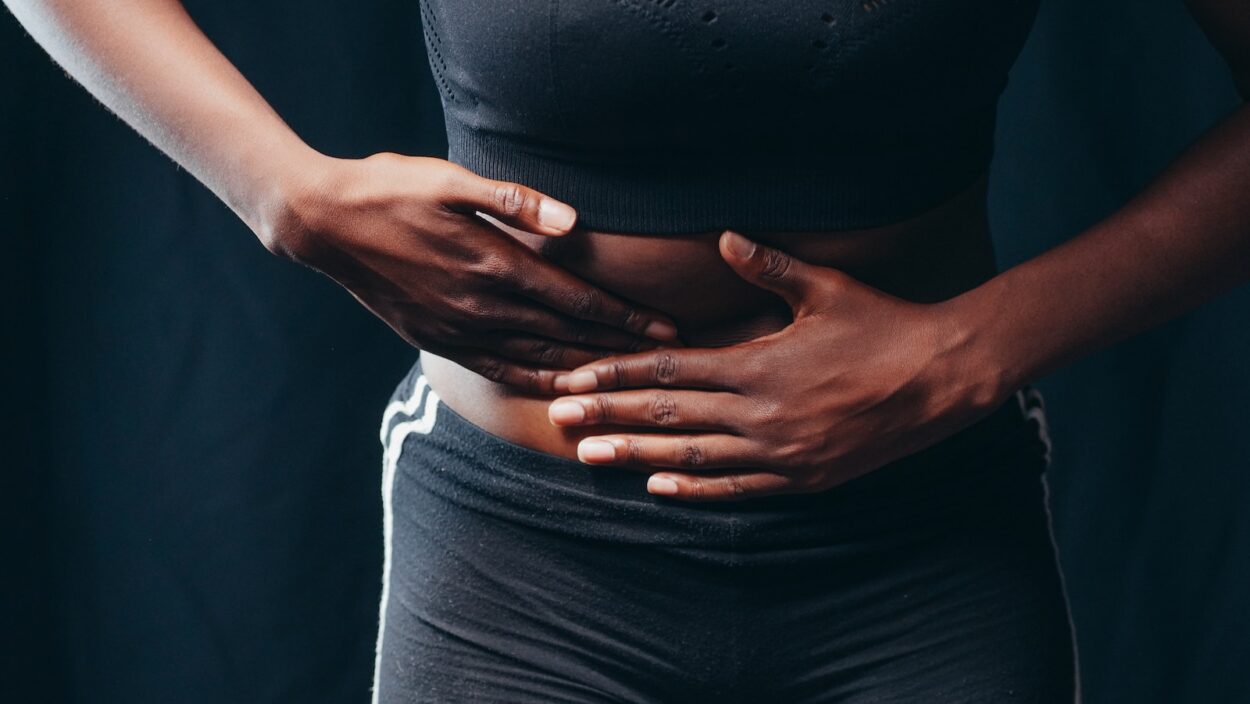Having sex can increase your risk of urinary tract infections (UTIs). This is because bacteria from the genital area may enter the urethra and travel up to your bladder.
You can reduce your UTI risk by using lubricants and latex condoms, washing your genitals before and after sex, and not using douches or contraceptive foams or sponges.
Bladder Pain Syndrome
A healthy bladder is a soft, balloon-like sac that stores urine and is held in place by muscles in the lower part of your abdomen. When your bladder is full, it sends signals through the pelvic nerves to the brain to tell you that you need to pee. The brain signals the bladder muscles to squeeze (contract) and force the urine out through the urethra. This process isn’t painful unless your bladder is very full or you have been holding in urine for a long time.
If you have interstitial cystitis or bladder pain syndrome (BPS), your bladder may hurt all the time. Symptoms include frequent and urgent need to pee; pressure, pain or tenderness in your pelvic area and the areas between the anus and vagina or the scrotum; and pain during sex. Your symptoms may get better or worse over time. They also can be affected by things like your menstrual cycle and your diet.
Your doctor can diagnose IC/BPS by doing a physical exam and asking you about your symptoms. They will check your kidneys and bladder, do a urine test and talk to you about your medical history. They may also do a test called a cystoscopy, which involves putting a thin, lighted tube in your bladder to see what is happening inside it.
Stress Urinary Incontinence
As a urologist who specializes in bladder conditions, I understand how embarrassing and disruptive it can be to have urinary leaks. Stress urinary incontinence (SUI) happens when the muscles that support your bladder and the tube that carries pee out of the body (the urethra) weaken. This causes urine to leak during activities that put pressure on your abdominal and pelvic muscles. Coughing, sneezing, laughing and exercise are common triggers. Often, SUI results in drops or dribbles of urine that aren’t enough to soak through your clothes. Sometimes, the urine flow can be more forceful and may soak your underwear. This type of urinary incontinence happens more often in women and isn’t caused by a single event or activity.
If you have SUI, you can try keeping a voiding diary to help identify activities that cause your urine leaks and the severity of your symptoms. Your healthcare provider might also recommend a urinalysis and a bladder ultrasound test to check for underlying issues, such as an infection or bladder cancer. You can also ask your provider about treatment options, which can include absorbents and urethral inserts to support your bladder and the urethra, surgery to replace your sphincter muscle or a surgical mesh sling procedure. SUI can be improved with lifestyle changes, such as losing weight, exercising regularly and avoiding alcohol or caffeine.
Cystitis
If your bladder hurts after sex and feels like it’s filled with water, you may have cystitis (sis-TIE-tis), a type of urinary tract infection. This occurs when bacteria from the genital area enters your bladder through the urethra, which carries urine out of your body when you pee. This is more common for women than men because the urethra is shorter and closer to the anus. Women also are more likely to get cystitis from sexual activity than men, particularly if they use a diaphragm for birth control or have sex from behind.
Infection symptoms include burning or stinging when you pee, a feeling that you need to pee more often and urgently than usual and the sensation that your bladder isn’t empty even after urinating. The urine may also be more cloudy, smelly or have blood in it than normal and you may feel pain and tenderness in your pelvic area.
Cystitis is usually caused by bacteria, and antibiotics are required to treat it. GPs will usually test your urine to determine which micro-organism is present. Taking a course of antibiotics and avoiding sex, drinking plenty of water to stay hydrated and using over-the-counter medications such as ibuprofen or paracetamol can help to relieve your symptoms. In addition, you can try adding cranberry juice to your diet to reduce the acidity of your urine. If your cystitis is persistent and/or severe, make an appointment with your GP.
Bladder Infection
Many people have urinary tract infections (UTIs) at some time in their lives. These happen when bacteria enter the bladder or urethra and stick to the lining of these tubes. The body can’t easily get rid of these germs, and they build up until the person feels pain and has to pee. Germs that cause bladder infections are normally found in the gastrointestinal tract, but they can also come from sexually transmitted infections like herpes, gonorrhea and chlamydia. Women are more prone to UTIs than men because of the anatomy of their bladder and urethra. The urethra is shorter and closer to the anus in females, making it easier for bacteria from the genital area to reach the bladder.
Having sex increases the risk of having a bladder infection. That’s because lubricants and latex condoms may rub against the skin around the penis or vagina, irritating it.
The best way to prevent a bladder infection is to drink lots of fluids and pee often. It is important to urinate right after sexual intercourse because this helps wash away any bacteria that has reached the bladder. If you have a history of getting UTIs, your doctor might prescribe antibiotics in small daily doses to help prevent or treat future infections. If you have recurrent infections, your urologist may suggest pelvic floor physical therapy or treatments that deliver harmless electrical impulses to nerves going to and from the bladder to change how they work.




Leave a Comment